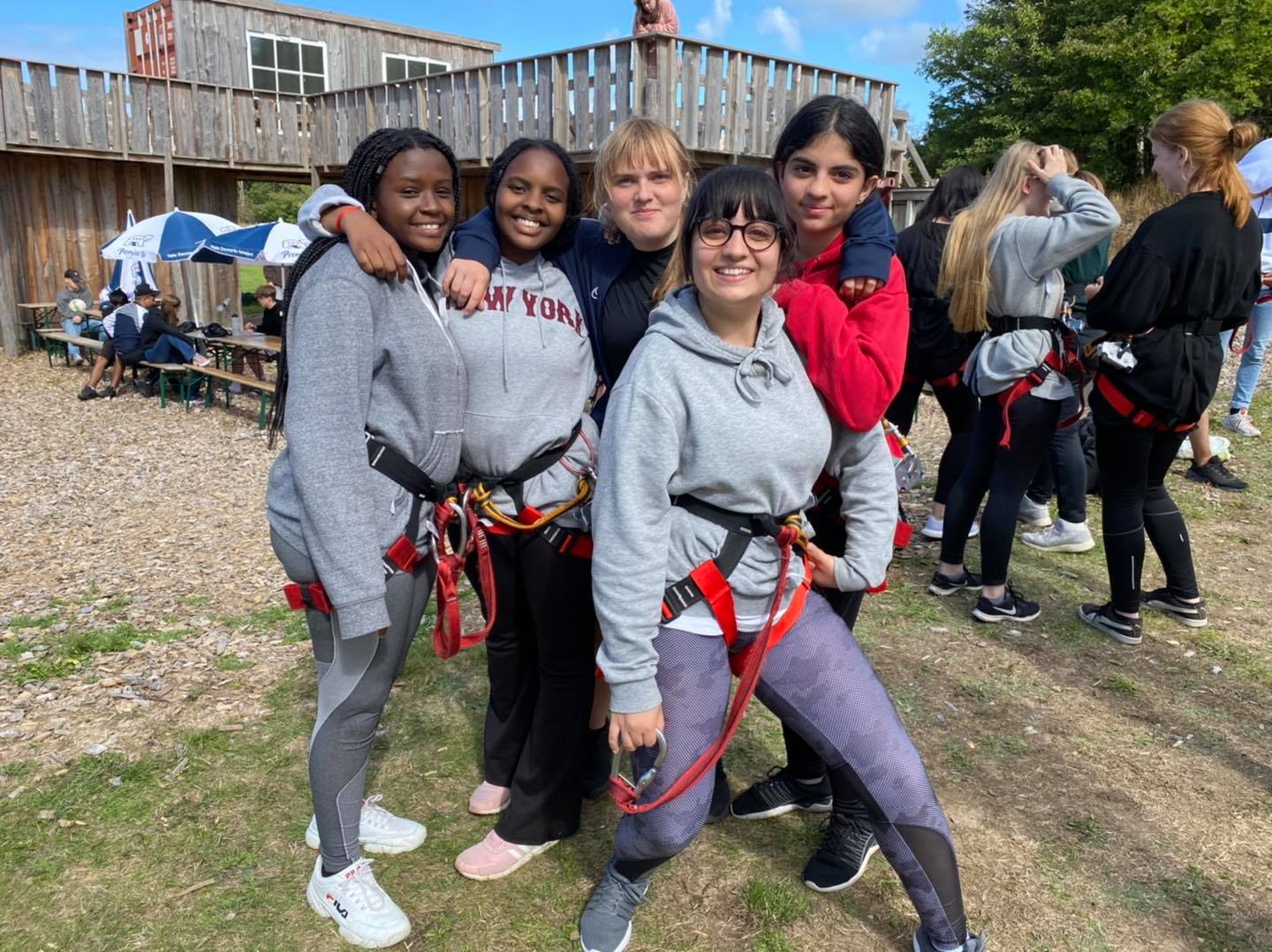At a rate of 30,000 a year attending efterskole, roughly one million Danes have attended one – enough to make the indelible mark on the Danish psyche their co-founders Christen Kold and NFS Gruntvig envisaged back in 1879.
Barely a decade earlier, the country had endured its annus horribilis – a humiliating, mortifying defeat to Germany that brought the country to its knees. It was a time to redefine Danishness for the modern age.
And Kold and Gruntvig’s answer, in part, was the efterskole.
In lieu of German
Initially, efterskoles were bastions of nationalism – most notably for Danish residents in the borderlands of Schleswig-Holstein, which had been ceded to Germany after the defeat in 1864.
In 1888, a law was passed making German the teaching language in schools, so in order to obtain Danish language and cultural teaching for their children, the minority Danish population had to send them to efterskoles in Denmark.
Attendances increased dramatically following the plebiscite to return Northern Schleswig to Denmark – especially among the Danish minority in Southern Schleswig. And after World War II, as nationalism peaked again, attendance rates from the region increased once again.
In 1951, an efterskole was even established for the German minority of the region in Tinglev!
Out of fashion
Efterskoles experienced something of a decline during the late 1950s and 1960s, as new educational ideas began to emerge.
The debate also concerned the nature of the efterskoles themselves and whether to change them by substituting their non-formal folk high school style of education with a system with fixed curricula and examinations.
By 1967, it had been decided that efterskoles could prepare students for some of the public school-leaving examinations and, from that point on, efterskoles ceased to be linked to the folk high school tradition.
Reborn as specialists
But then during the 1980s, there was a renewed period of growth and it was during this period that efterskoles began to establish specialist streams for music or sport.
Up until that point, they had all provided a fairly normal, mainstream education, but today many profile themselves as having specialist subjects: from producing elite sportspeople to the next big names of Danish theatre.
Meanwhile, a number of efterskoles emerged for students with specific learning difficulties such as dyslexia.
International too
Finally, in 2016, The International ensured that international efterskoles joined the party at its location on the west coast of Jutland, where it shares the grounds of Vedersø Idrætsefterskole.
As Denmark’s only 100 percent English-speaking efterskole, it aims to prepare students for employment in an international workplace, along with a focus on intercultural competence, academic excellence, personal development and friends for life.
It’s a little ironic perhaps that the majority of its inaugural year were Danes interested in improving their language skills and their international career opportunities.












